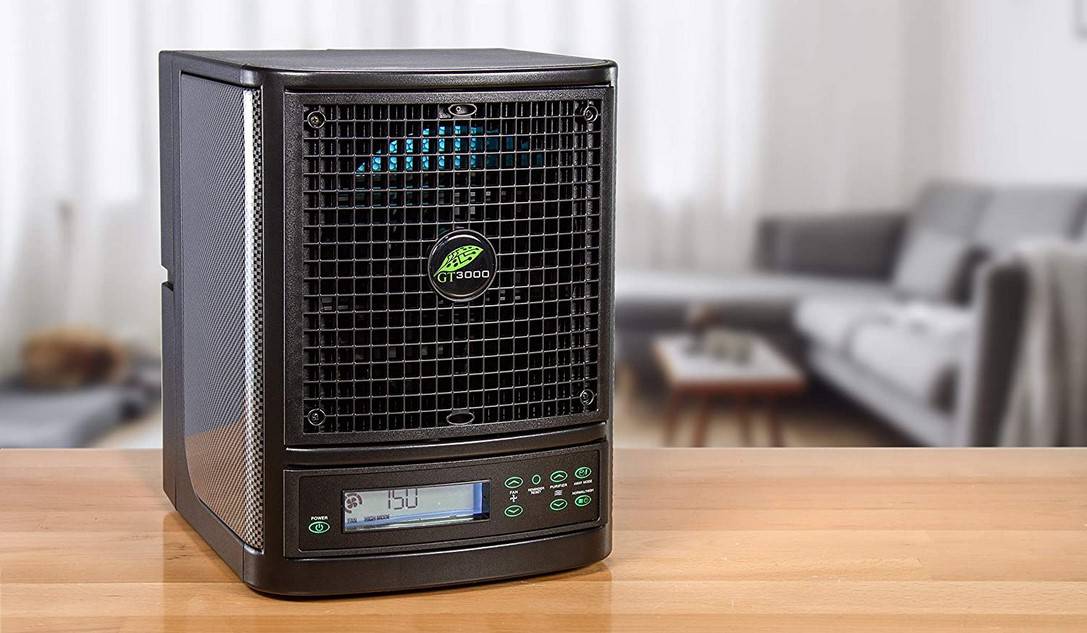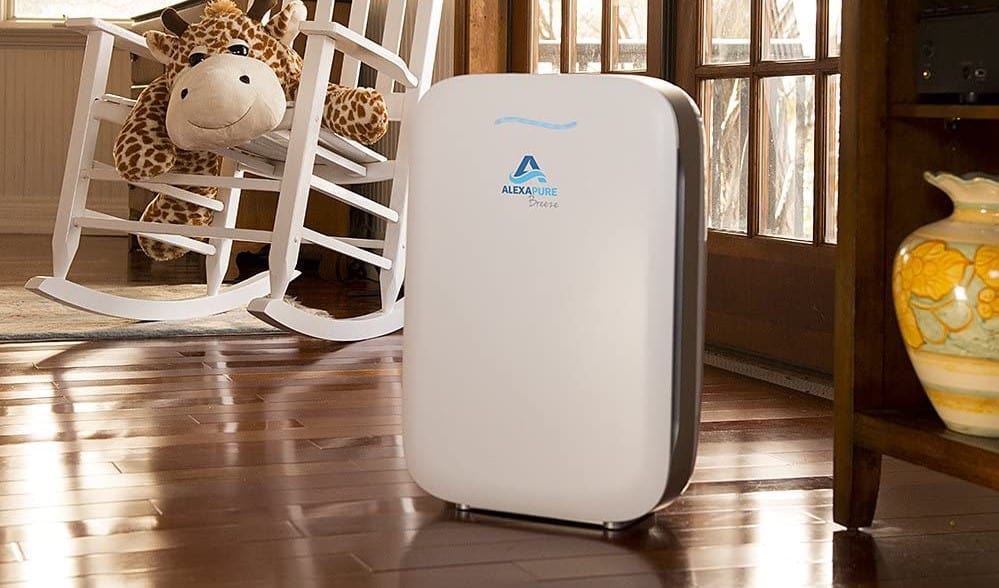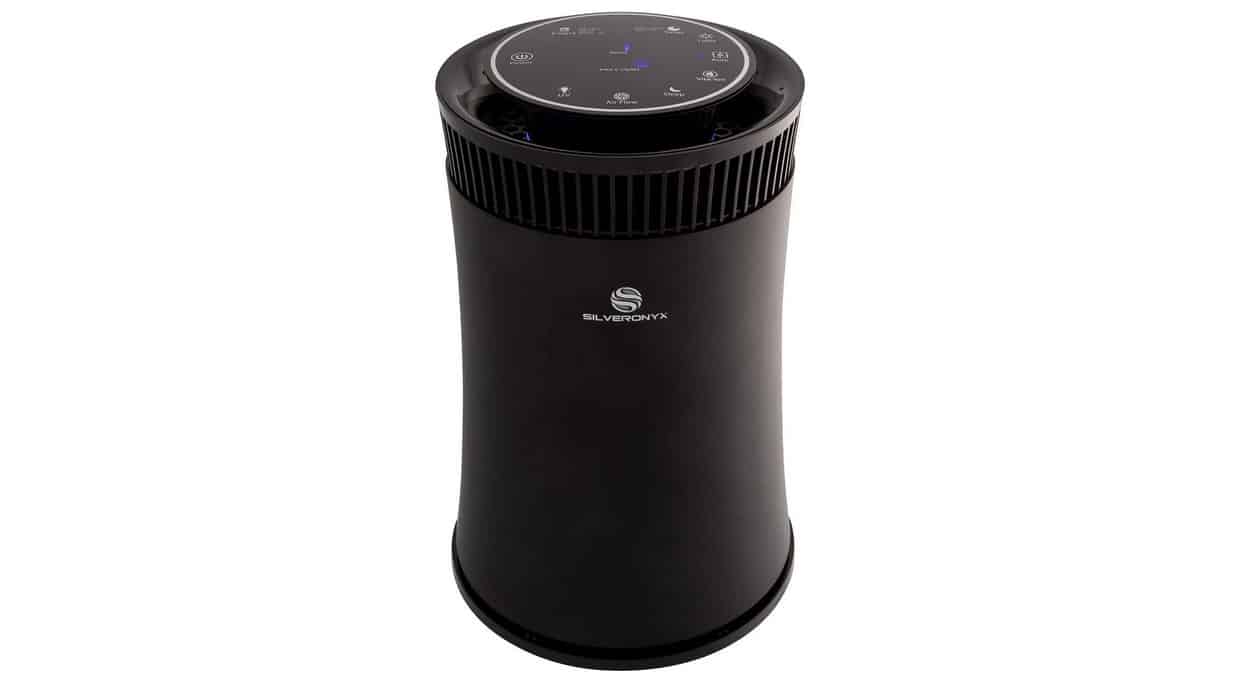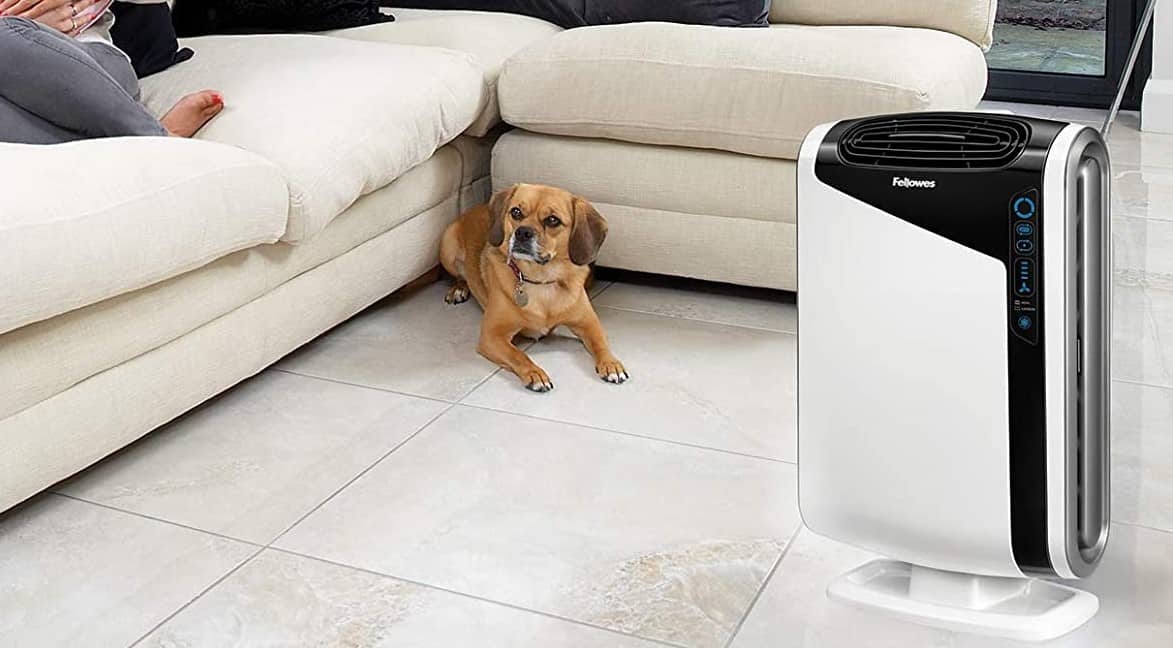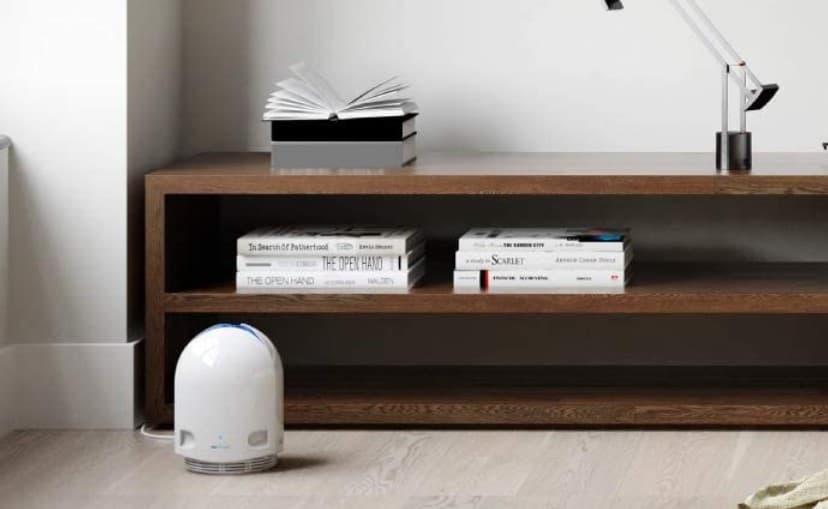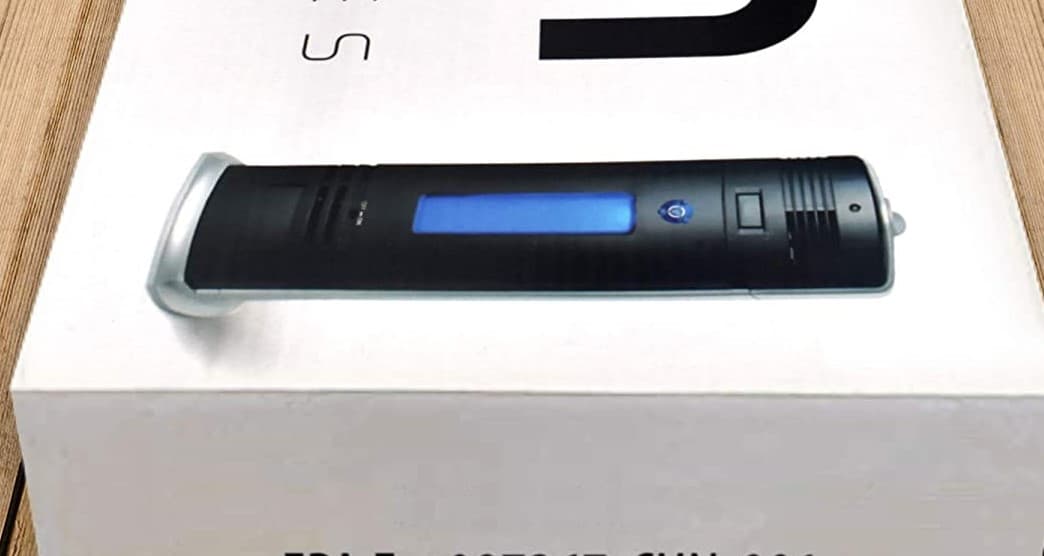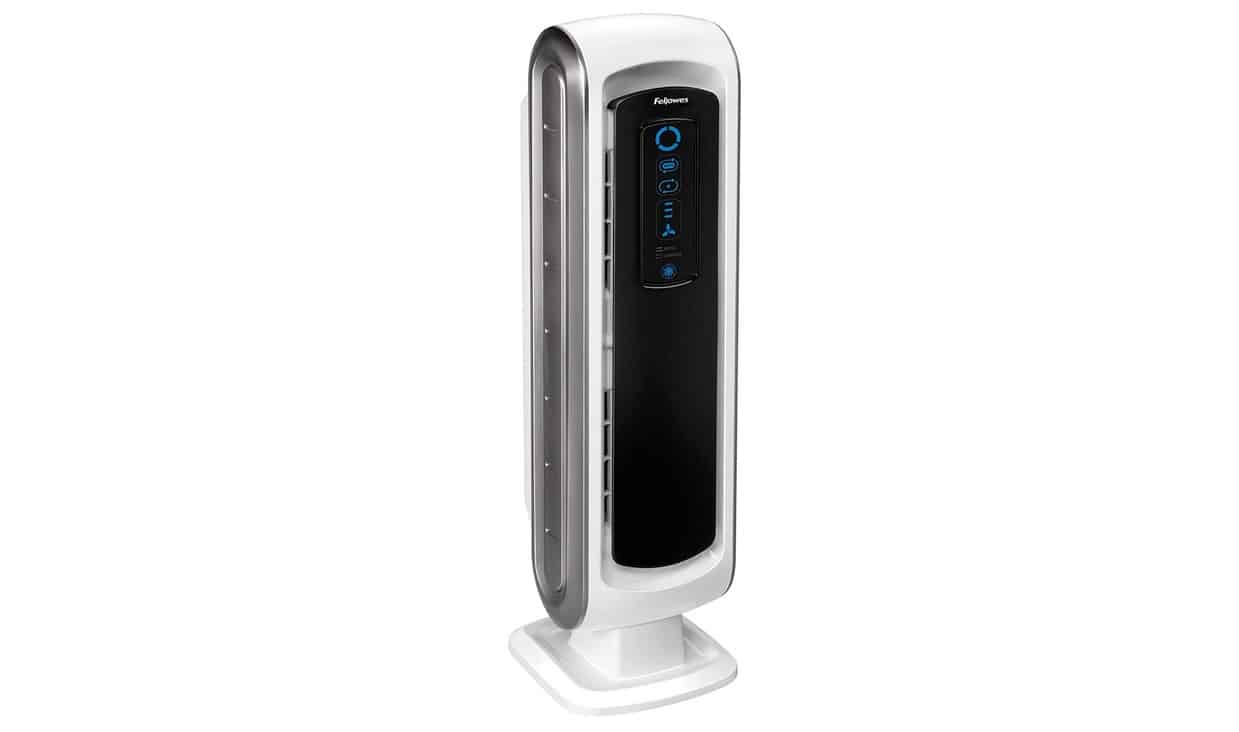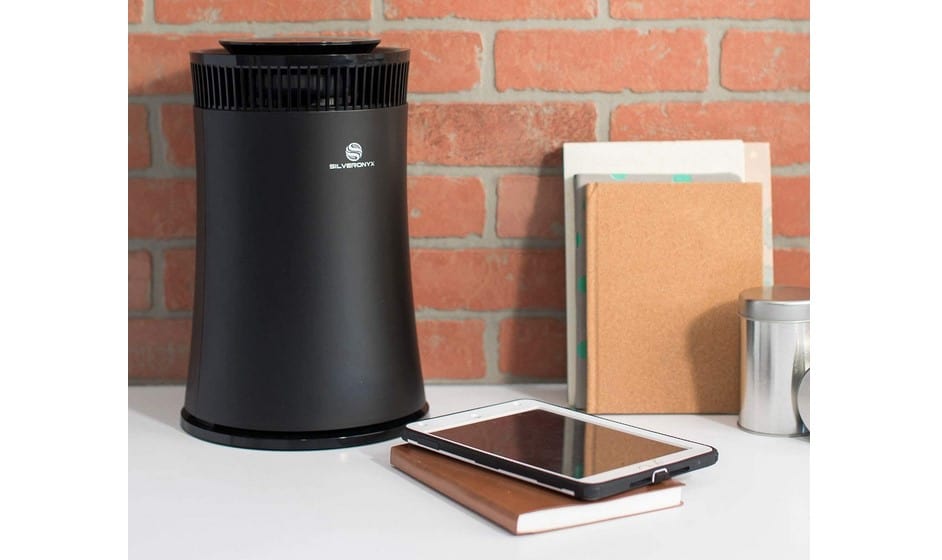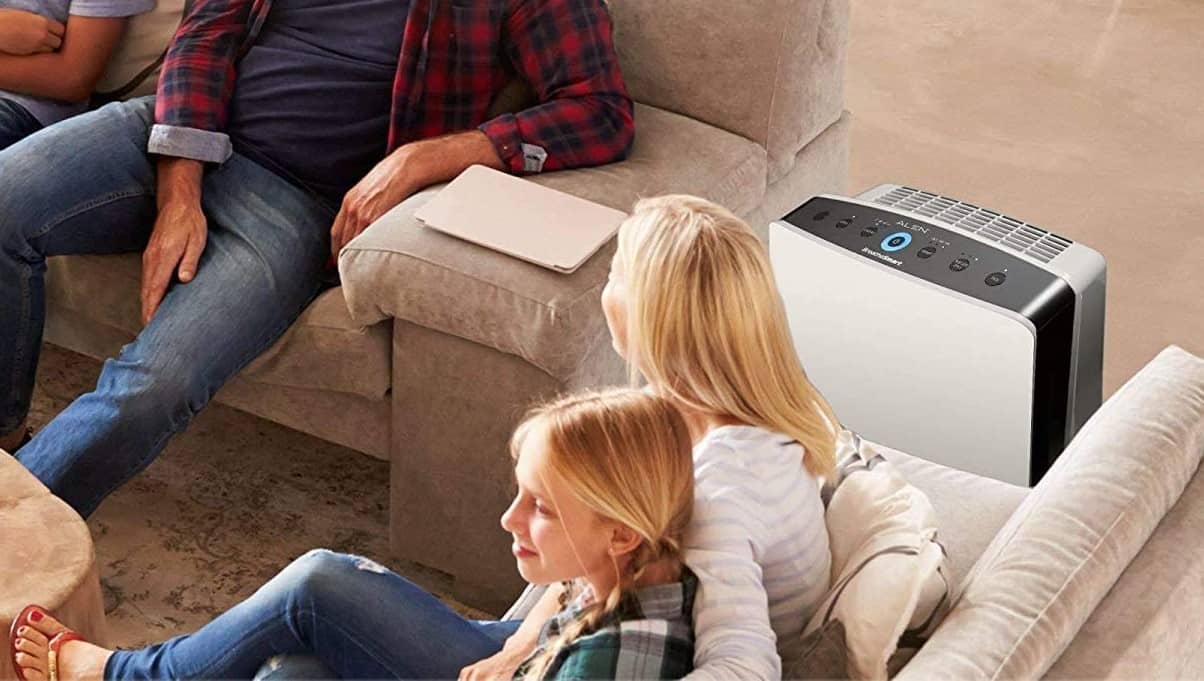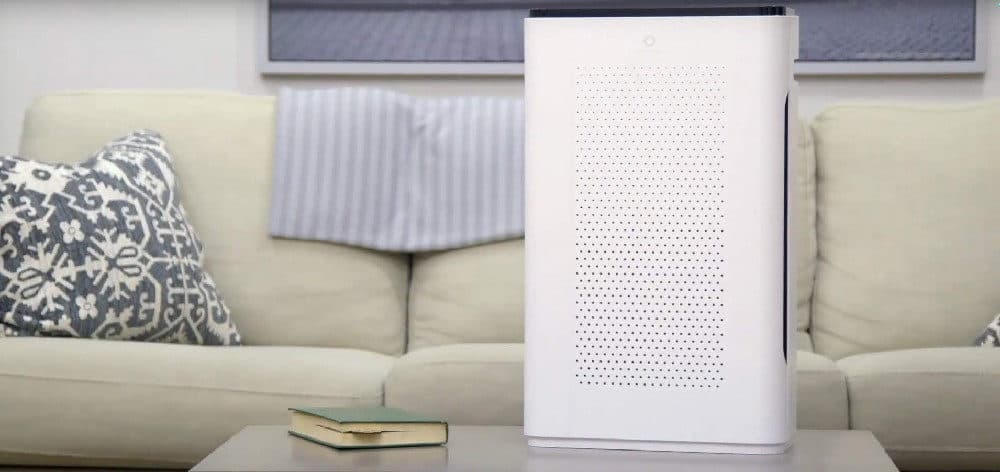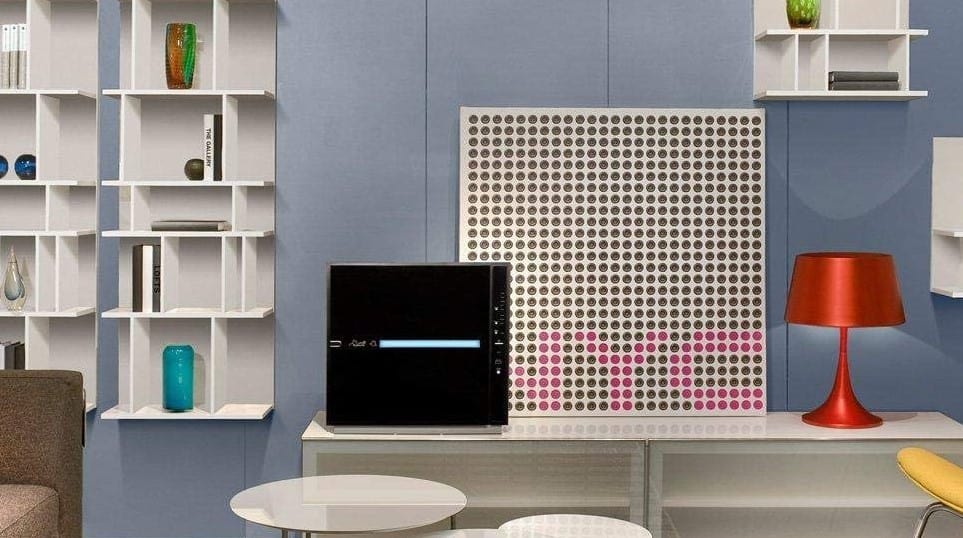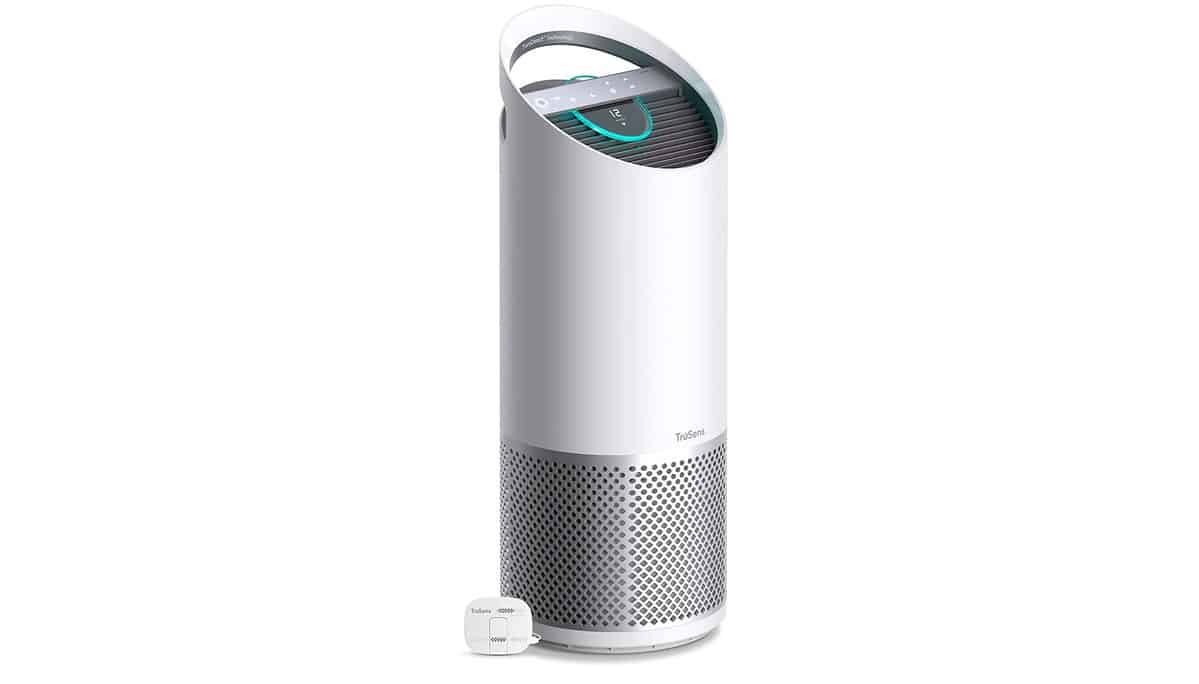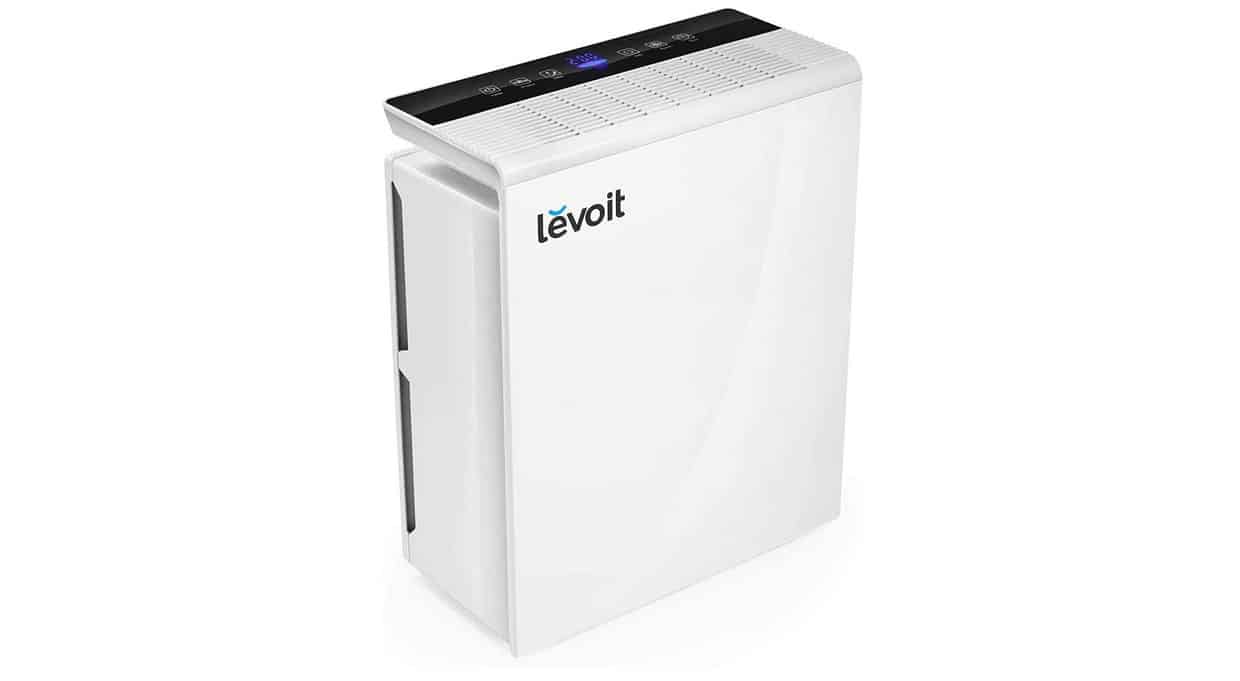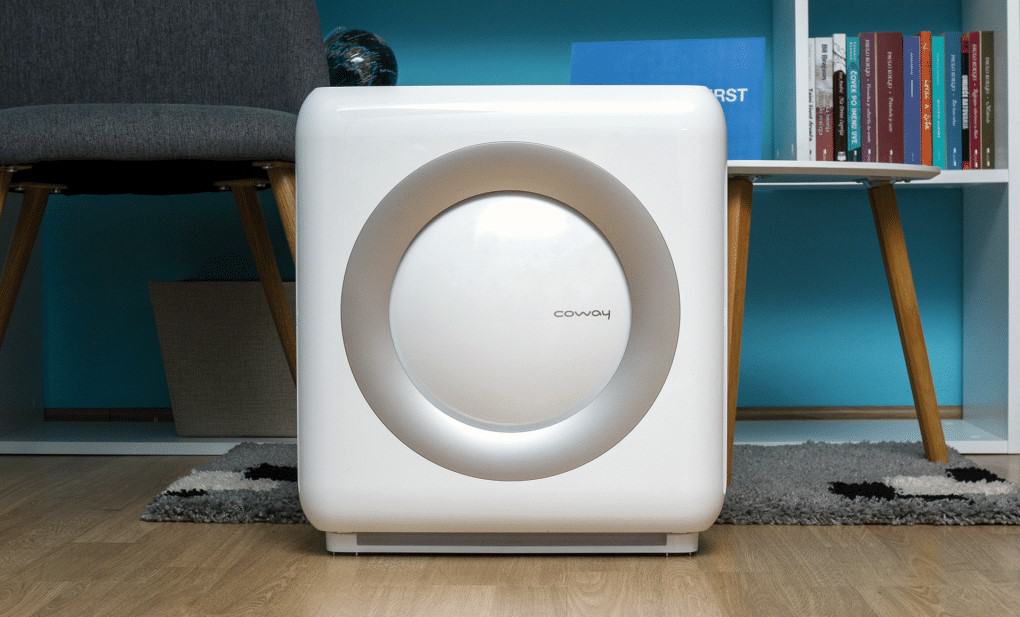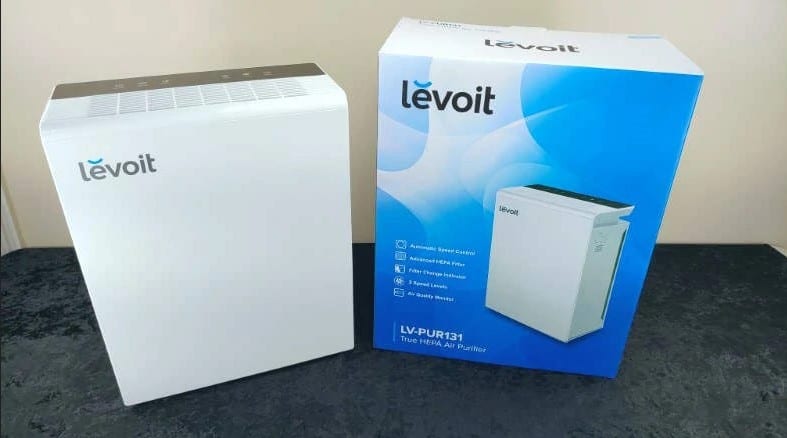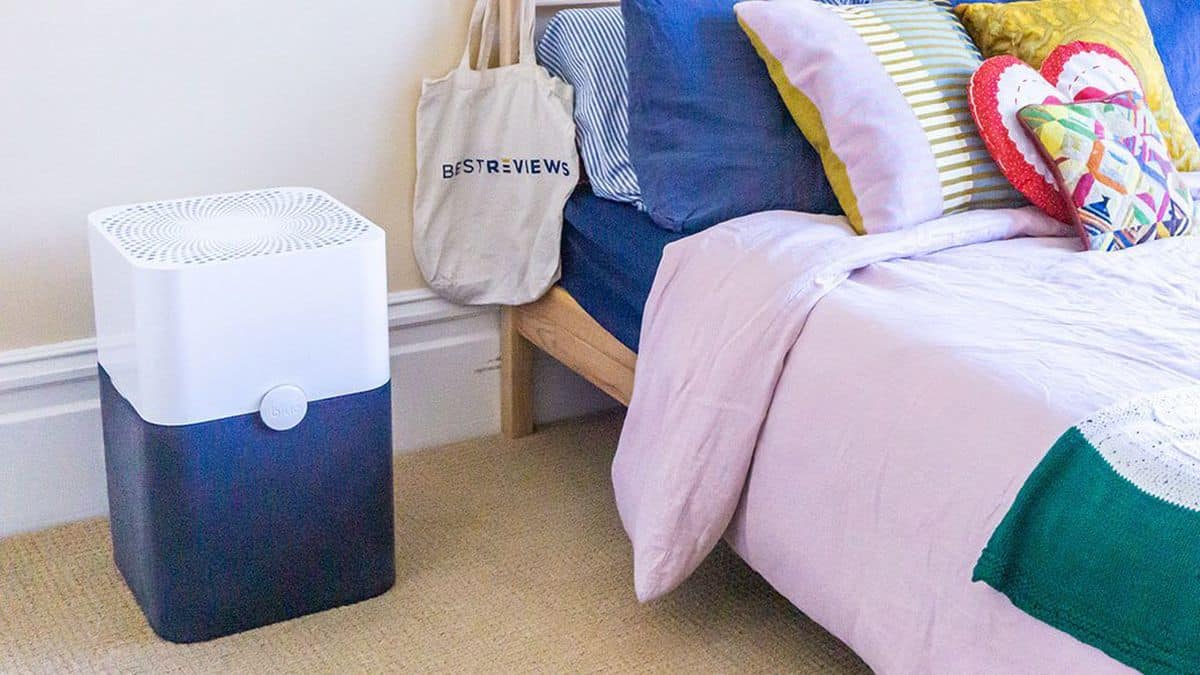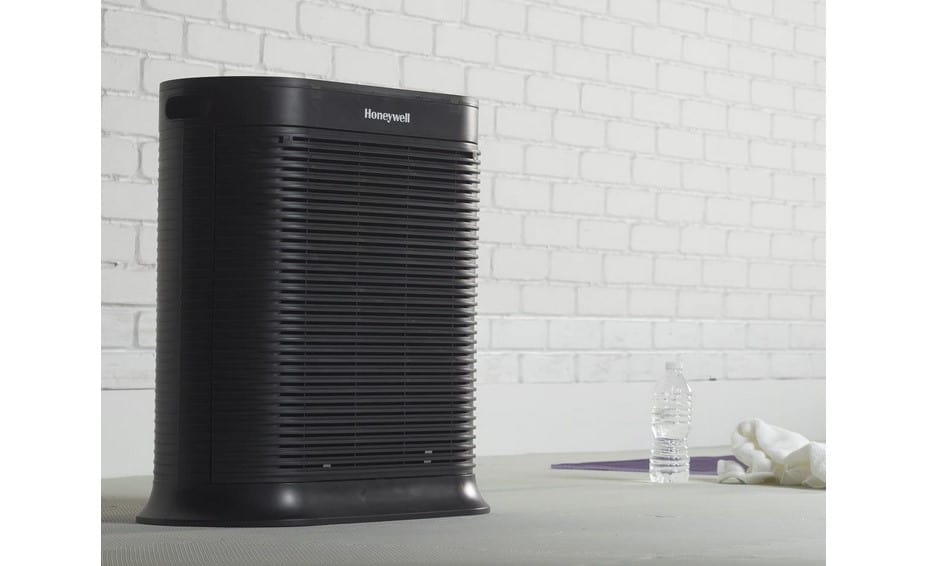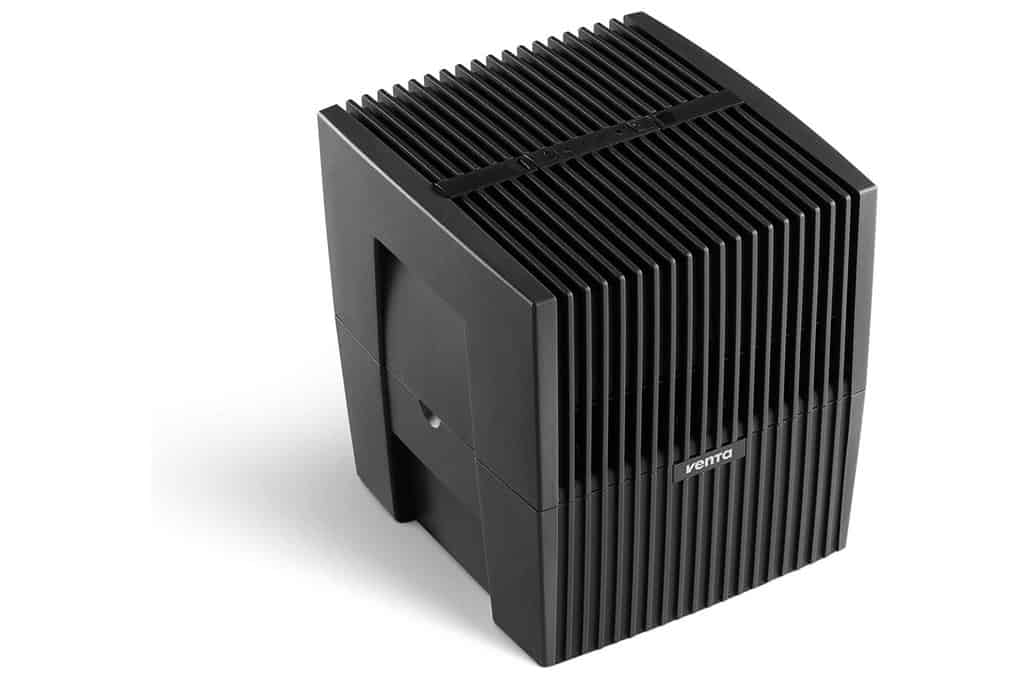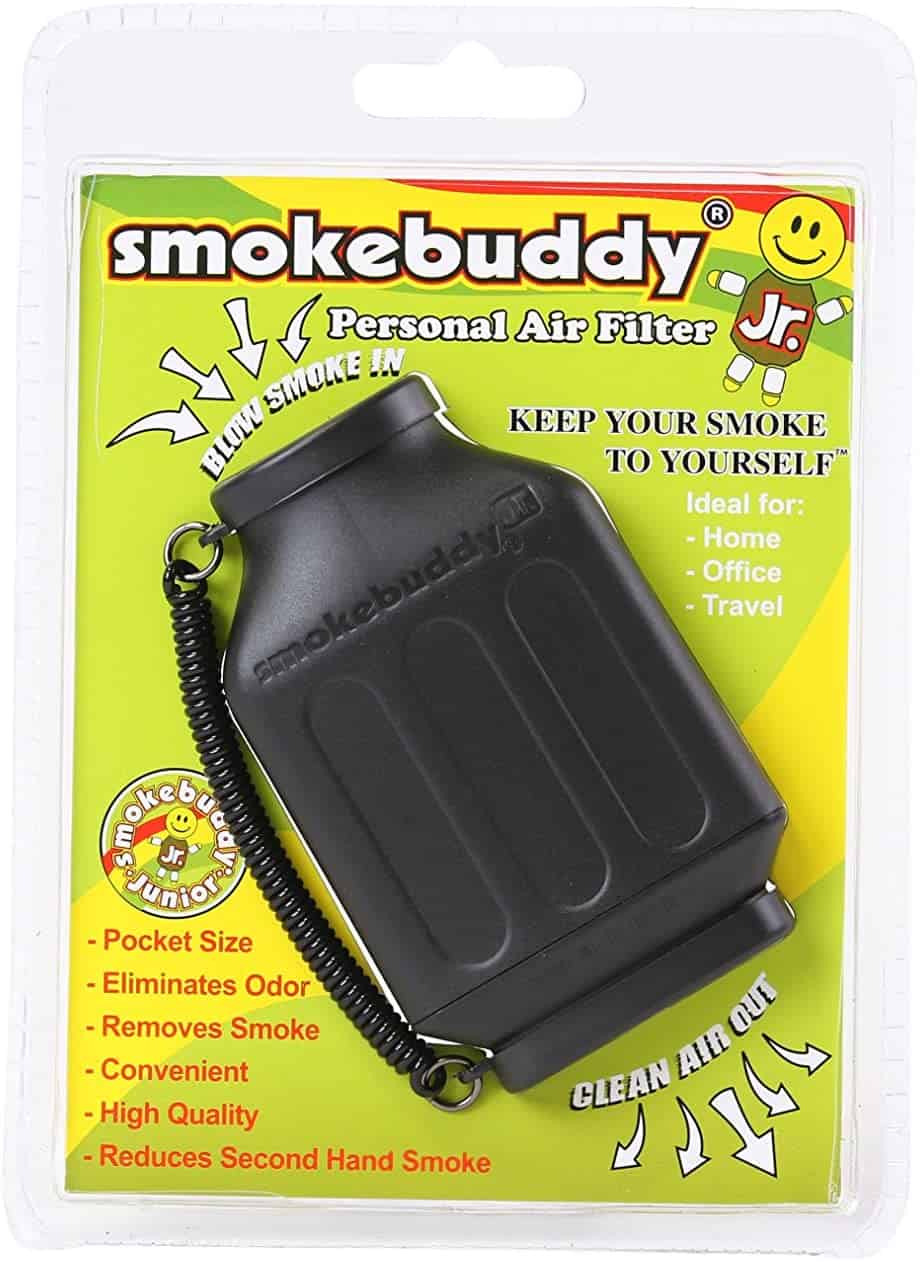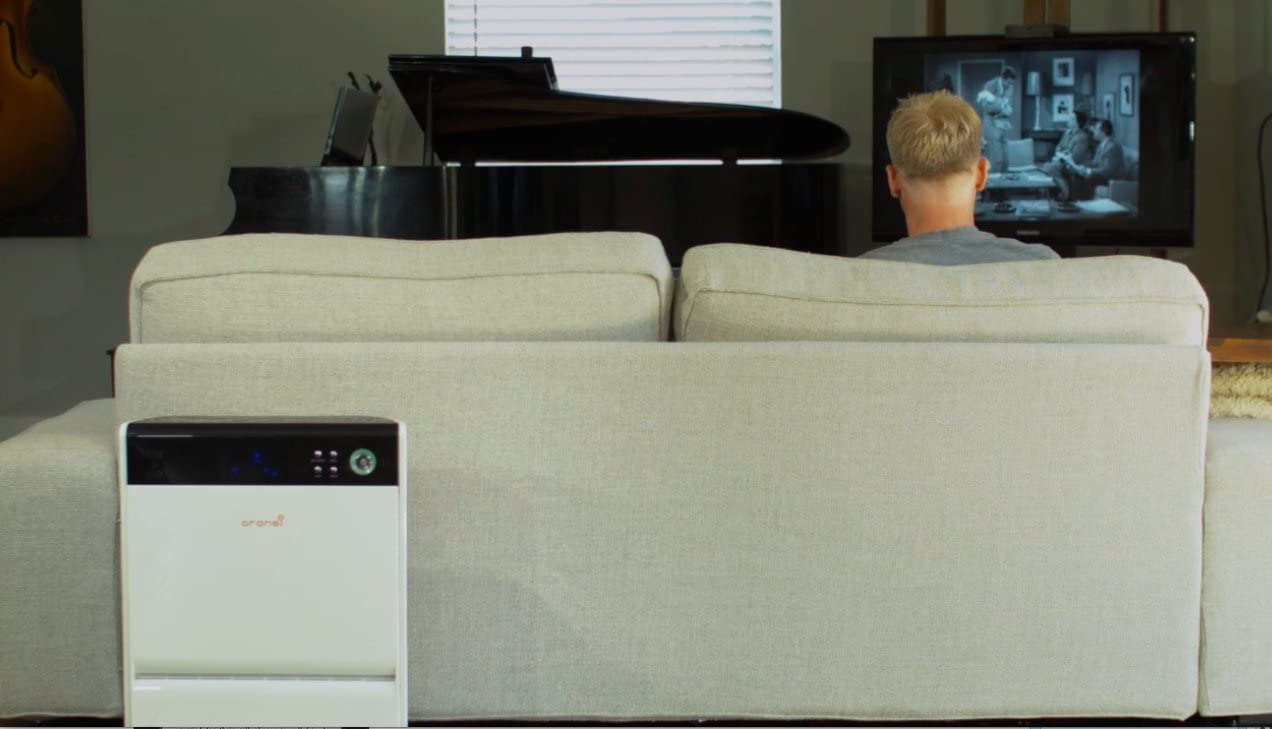Air purifier vs. air conditioner seems like an obvious question when it comes to improving indoor air quality. However, this question is more complicated because the two appliances have different functions, resulting in combined use for some consumers. However, when looking for the best air purifier, you will want to consider the method the air purifier uses and how it compliments the air conditioner.
KEY TAKEAWAYS:
- Air Conditioners cool the air and reduce humidity around the house, pulling air into the air conditioner and pushing it back out.
- A unit that eliminates or traps airborne particles to improve indoor air quality is called an air purifier.
- If you want air cooling and air purification, you should run your air conditioner and air purifier together.
Air Conditioner vs. Air Purifier: What’s the Difference?
An air purifier and an air conditioner focus on altering the air in different ways and using different methods. Like with a fan, consumers utilize air conditioners to cool the indoor air throughout their house. This is different from an air purifier vs an ozone generator, as well as the CADR comparison rating on the purification unit. On the other hand, an air purifier reduces the concentration of airborne particles within the designated space. To do so, the air purifier traps, irradiates, or destroys particles. Retailers sell multiple different types of air purifiers, including electrostatic precipitators, ionizers, or filters. If you are a smoker, you may want to look at how well the air purifier works against cigarette smoke.
What is an Air Conditioner Used For?
An air conditioner pulls air from the house and cools it. The unit then releases the cooled air back into the house, which warms the air again as it comes into contact with the uncooled air. This process repeats itself while the air conditioner is running. Additionally, these devices also lower humidity inside the house. Although many air conditioners have fans, their primary purpose is to lower the air’s temperature and reduce humidity. There are several types of air conditioners, including a split system, central ducted system, central plant cooling, window unit, and portable unit. Additionally, you can improve air quality with a combination of air purifiers and vacuum purifiers.
What is the Use of an Air Purifier?
Air purifiers, which are also referred to as air cleaners, may lower particulate matter concentrations by up to 99.97%, including mold spores, dust mites, or pet dander. Many air cleaners feature either activated carbon filters or high-efficiency particulate air (HEPA) filters, including H13 HEPA and True HEPA filters. Others use electricity to electrically charge the contaminants in the air, attracting them to nearby surfaces or collection plates. Still, others irradiate particles before exposing them to UV-C light, annihilating them. In addition, some of these devices include a fan that improves airflow.
Insider Tip
Air purifiers remove particles from the air, improving health in some consumers with allergies or asthma.
Are There Health Benefits to Air Purifiers?
Some of these units can help reduce asthma attacks or allergy symptoms by reducing the particulate matter concentrations. For example, one study performed in Fresno, California, noted that air purifiers reduced particulate matter (PM) 2.5 in the air. In turn, this change improved the asthma control test and nasal symptom scores for children with allergic rhinitis, asthma, or both. In addition, researchers completed this study over 12 weeks, showing the longer-term effectiveness.
What are Filter-based Air Purifiers Used For?
Generally, many people consider HEPA filters the best option because they have to reduce airborne particles 0.3 microns in size or larger by 99.97%. These air filters do not produce ozone levels, not even the small amounts of ozone that some other types of air purifiers generate. Activated carbon, sometimes called activated charcoal, filters target odors, and volatile organic compounds. Manufacturers use a unique process that exposes carbon to gases to activate these filters. Activated carbon filters do not have to meet the same standards as HEPA filters.
Warning
Air conditioners only lower the temperature and humidity of the air inside the house, and they do not eliminate airborne particles.
F.A.Q.
Are ionization filters common in air conditioners?
Many brands include ionization filters in their recent models, and they will need cleaning from time to time.
How do HEPA filters work?
HEPA filters trap particles within their fibers, reducing the number of contaminants in the designated space. In addition, some devices have a fan that pulls air into the filter and then releases it.
Do air conditioners purify the air?
Air conditioners do not purify the air, though the appliance often has a filter. Instead, their primary purpose is to cool and dehumidify the air.
STAT: High-efficiency particulate air (HEPA) filters remove at least 99.97% of 0.3-micrometer particles and are usually more effective at removing larger and smaller particles. (source)
REFERENCES:

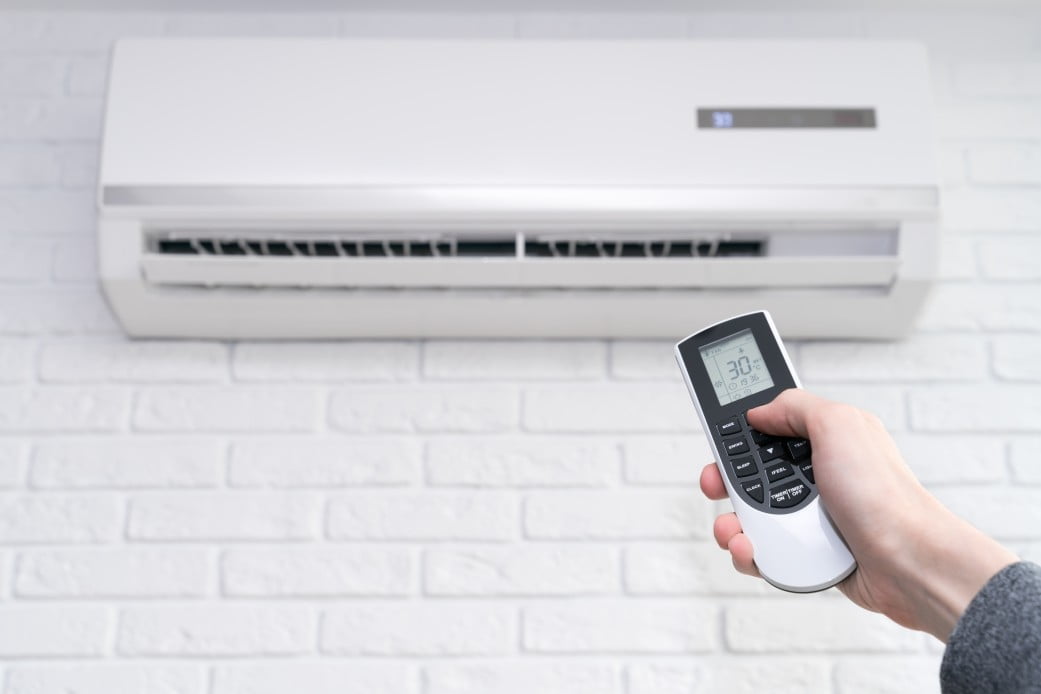













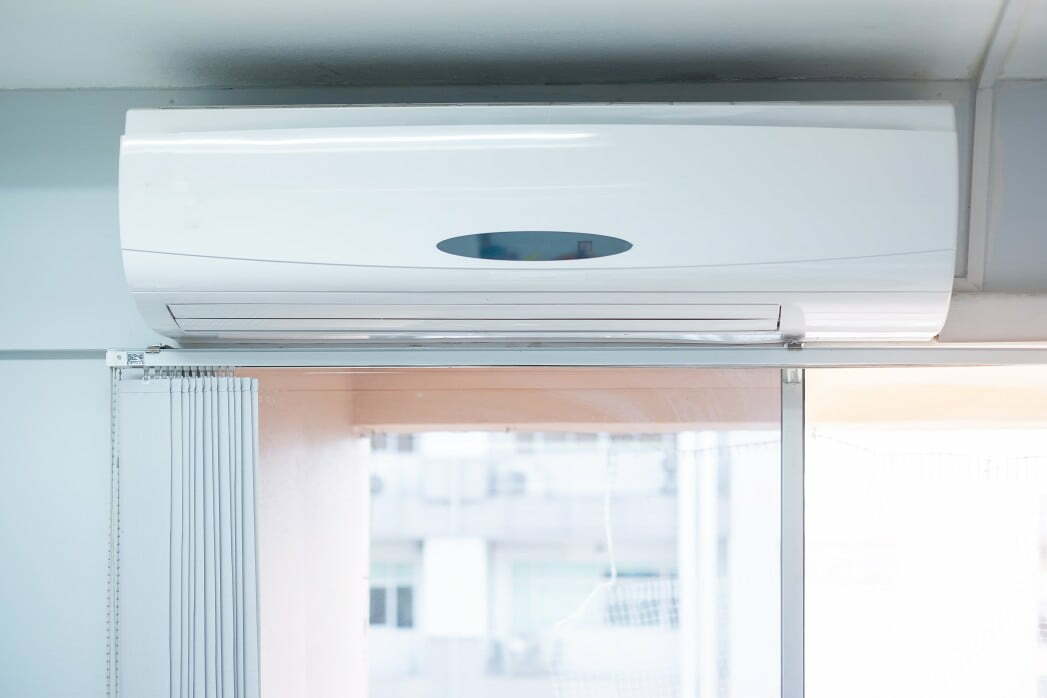
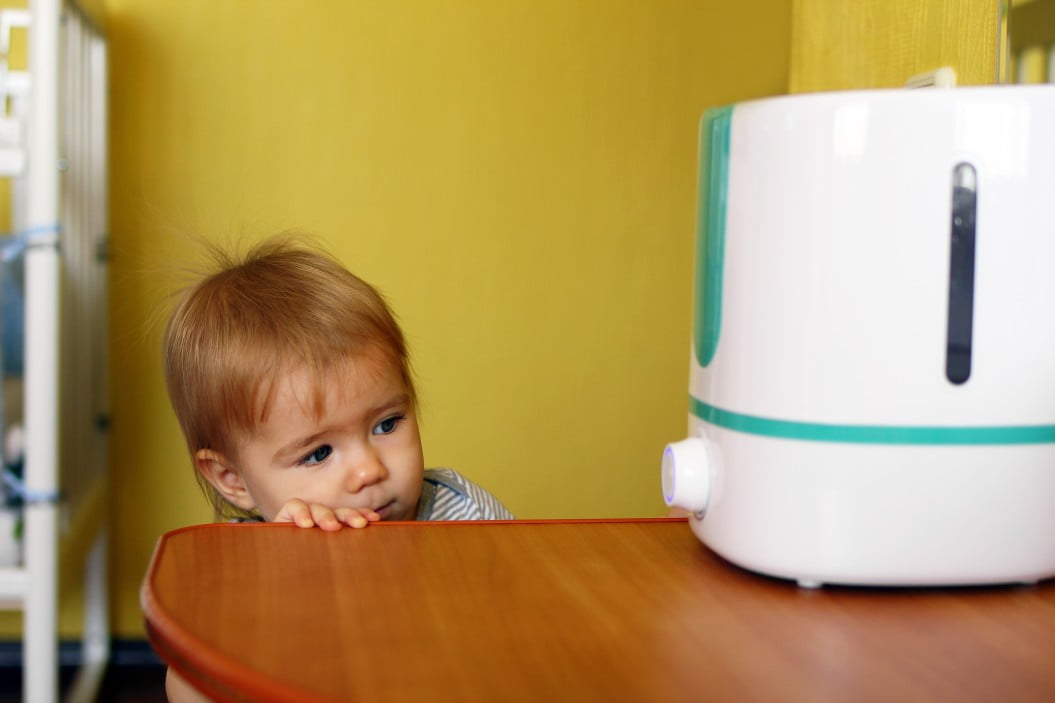
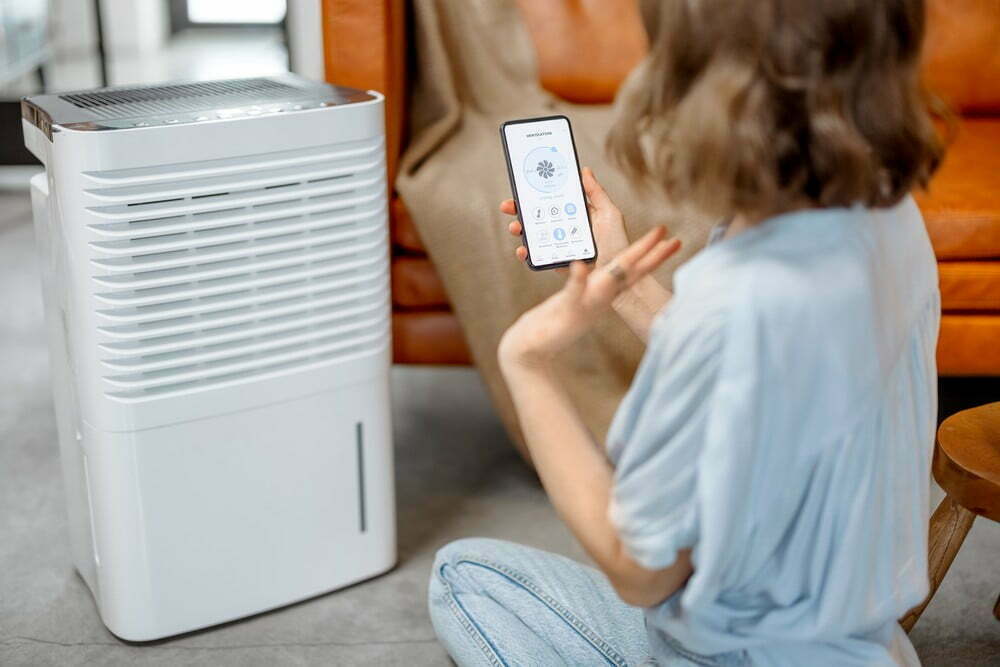
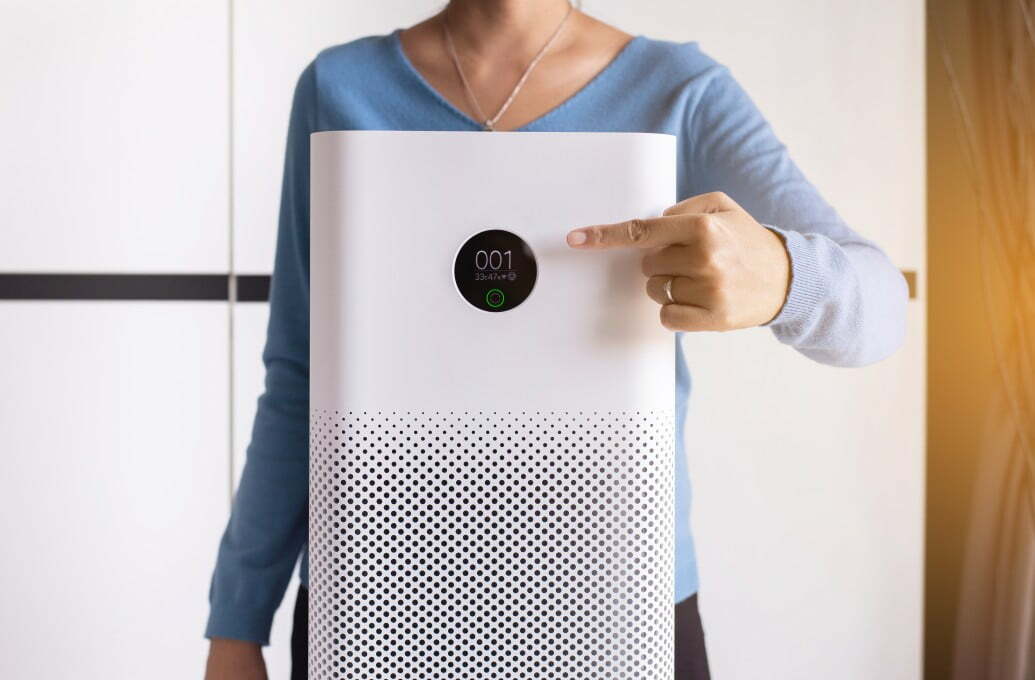
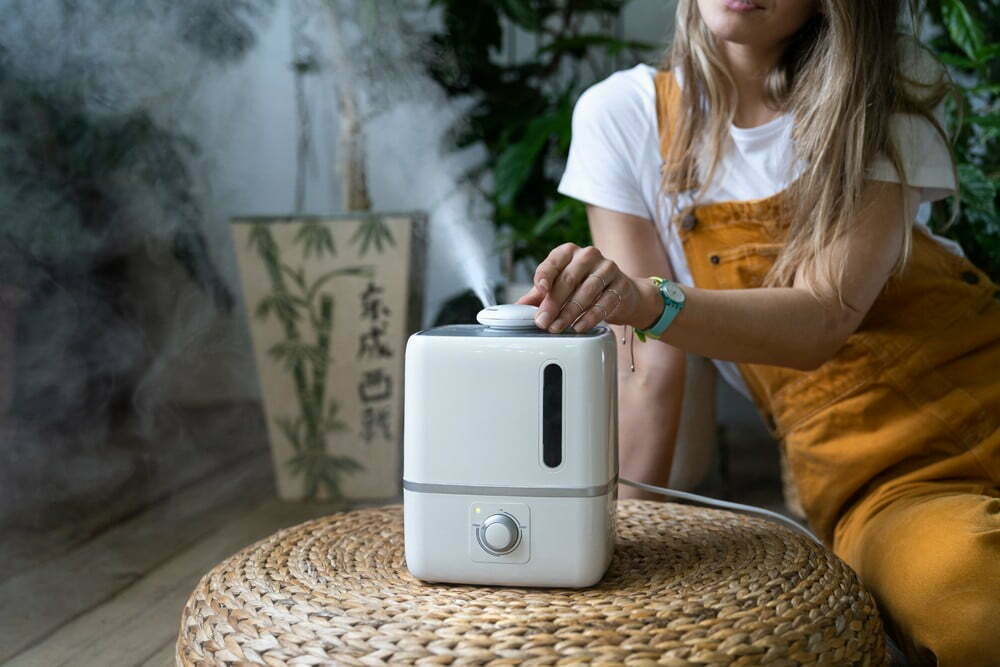


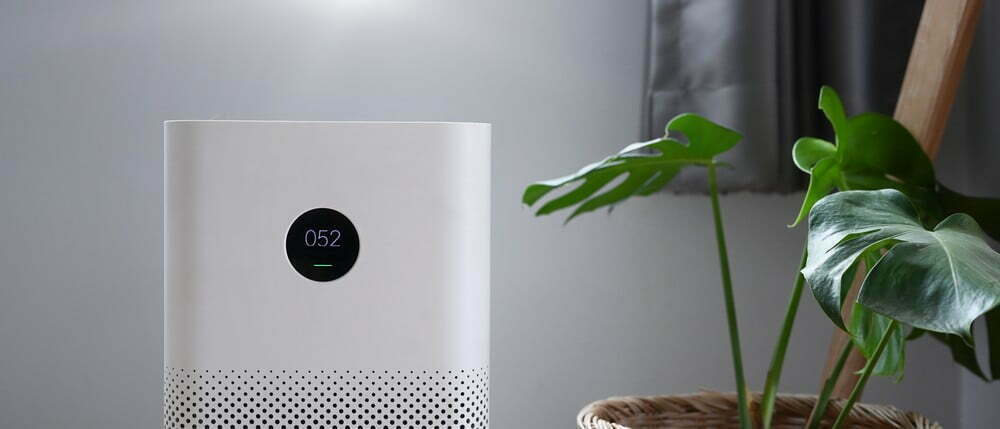
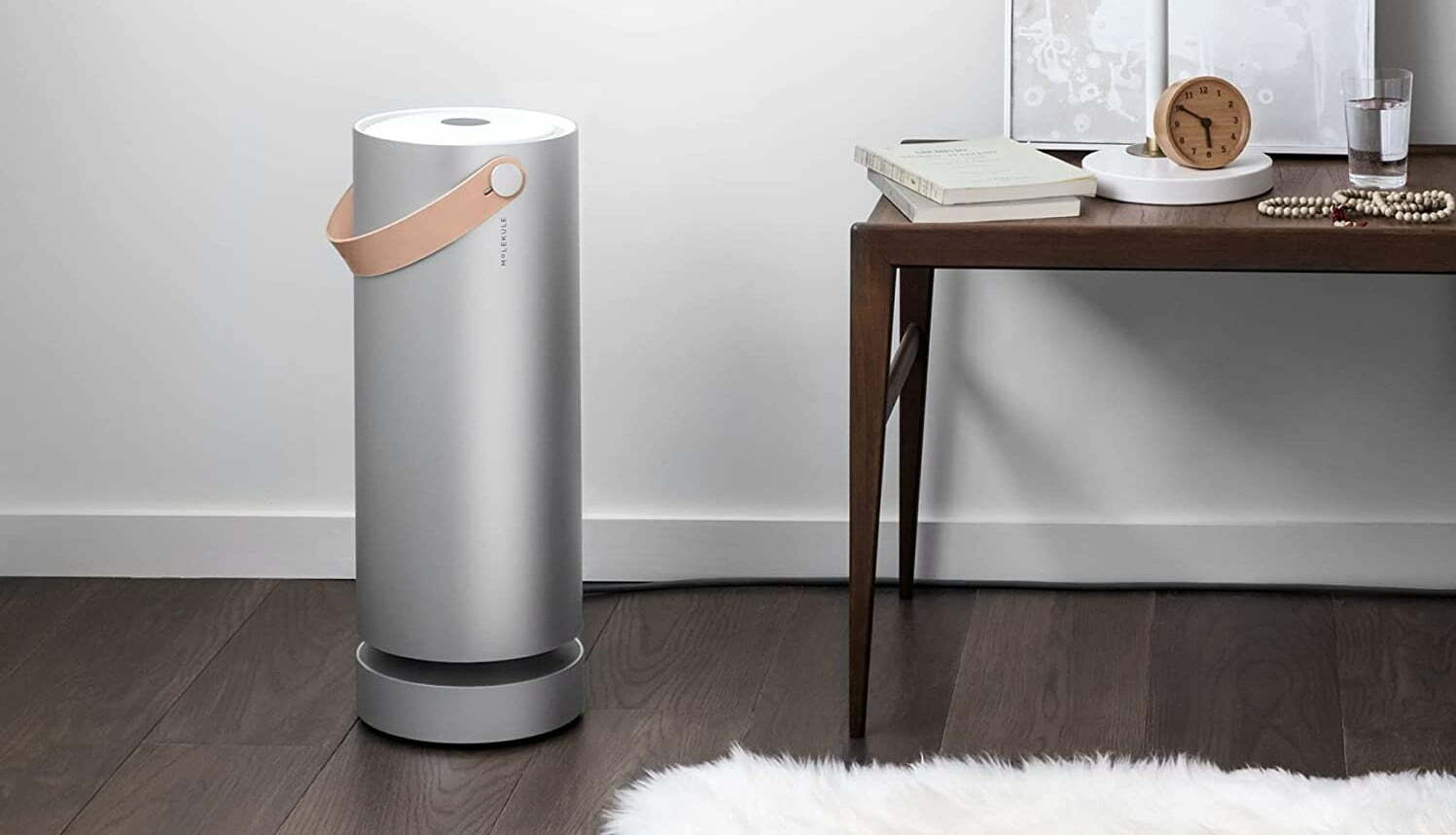
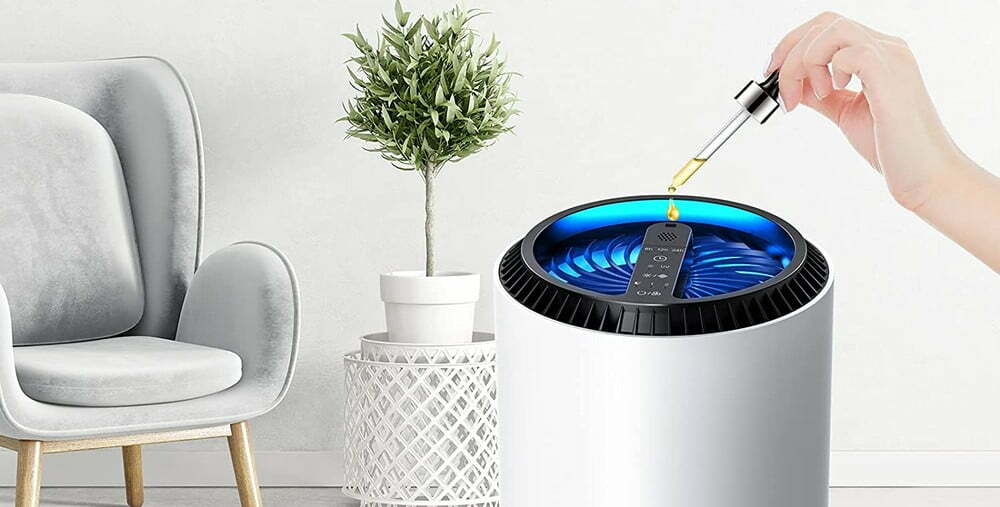
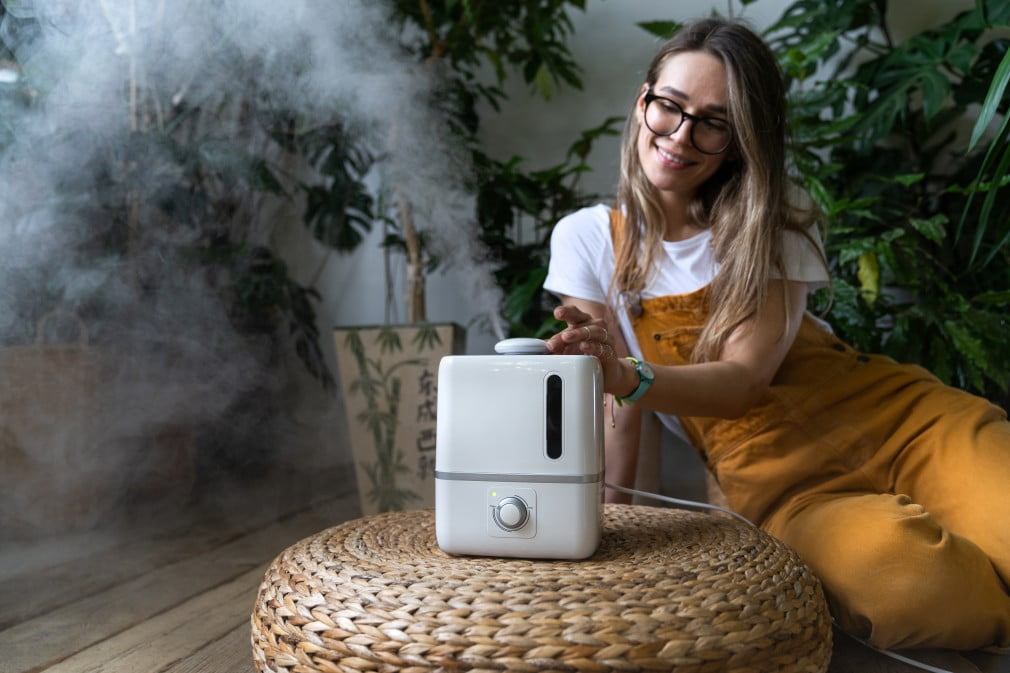
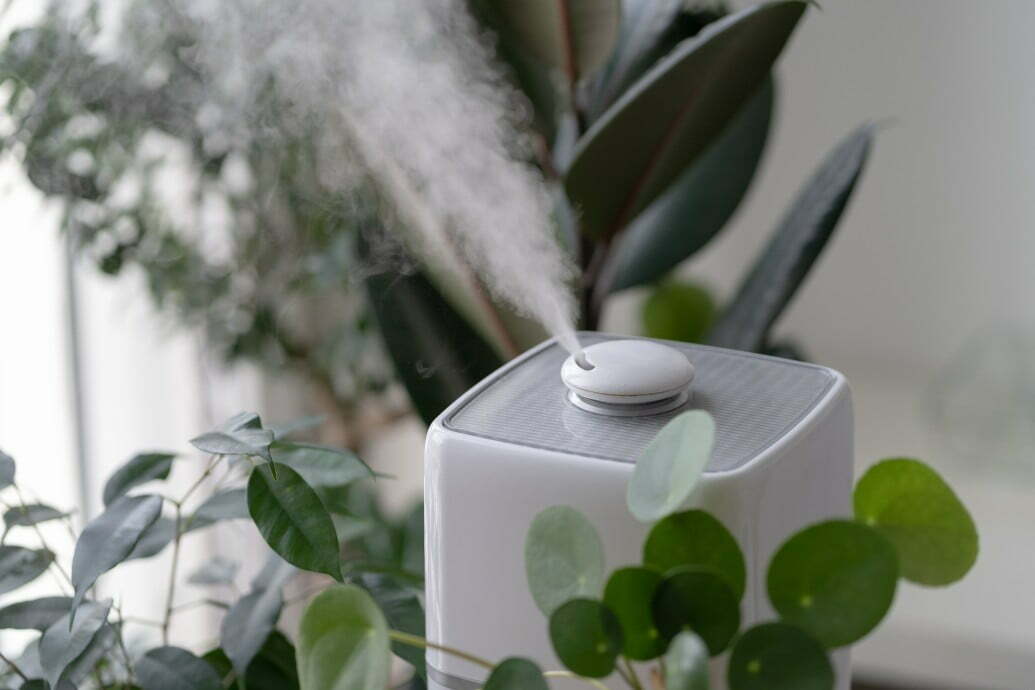
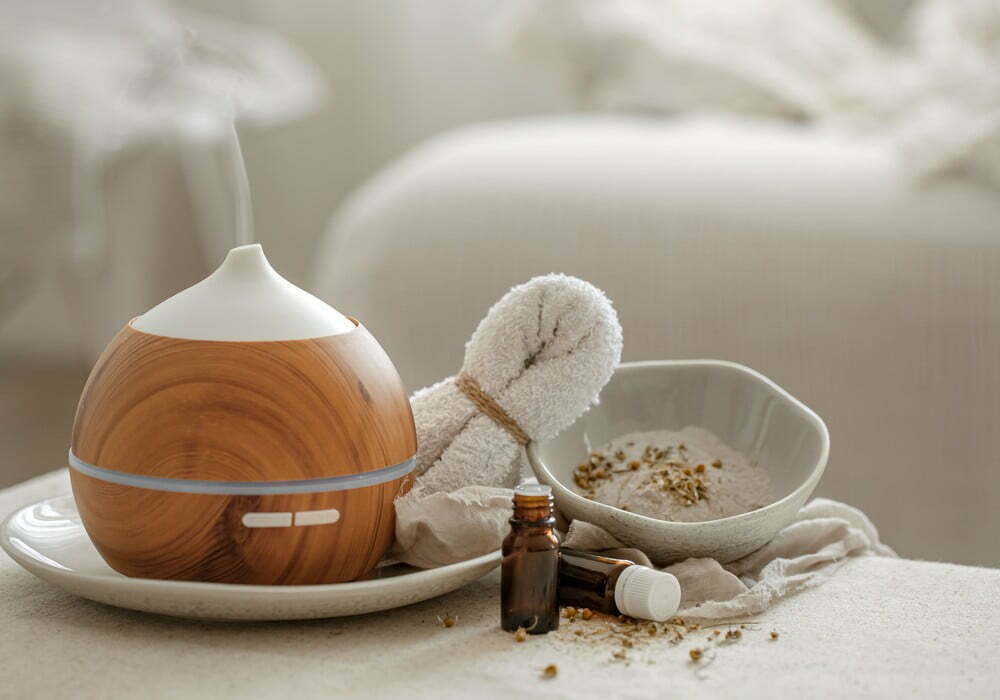
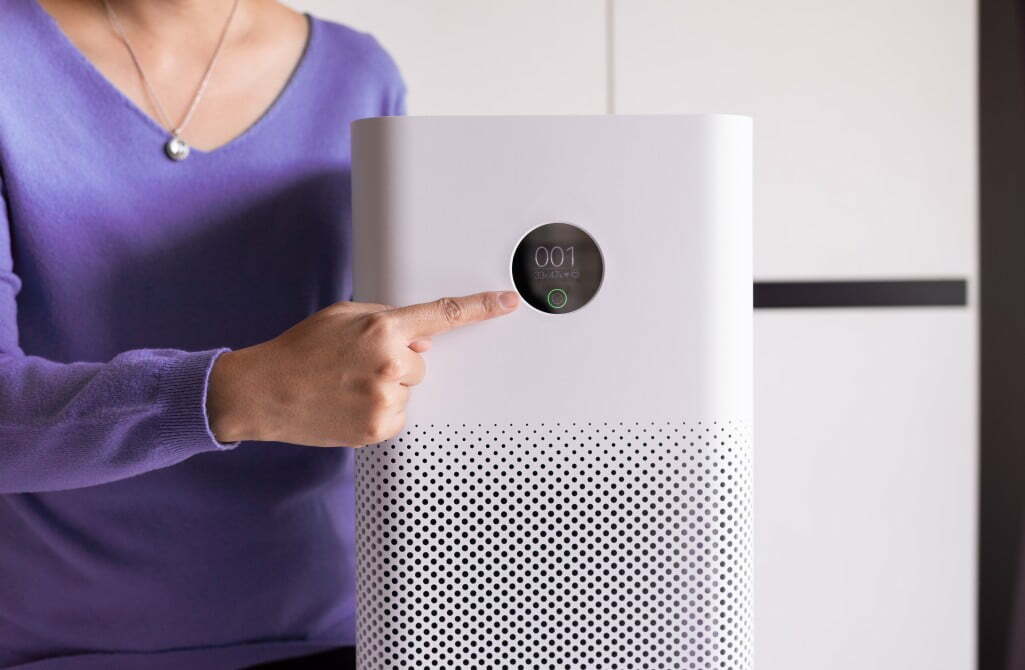
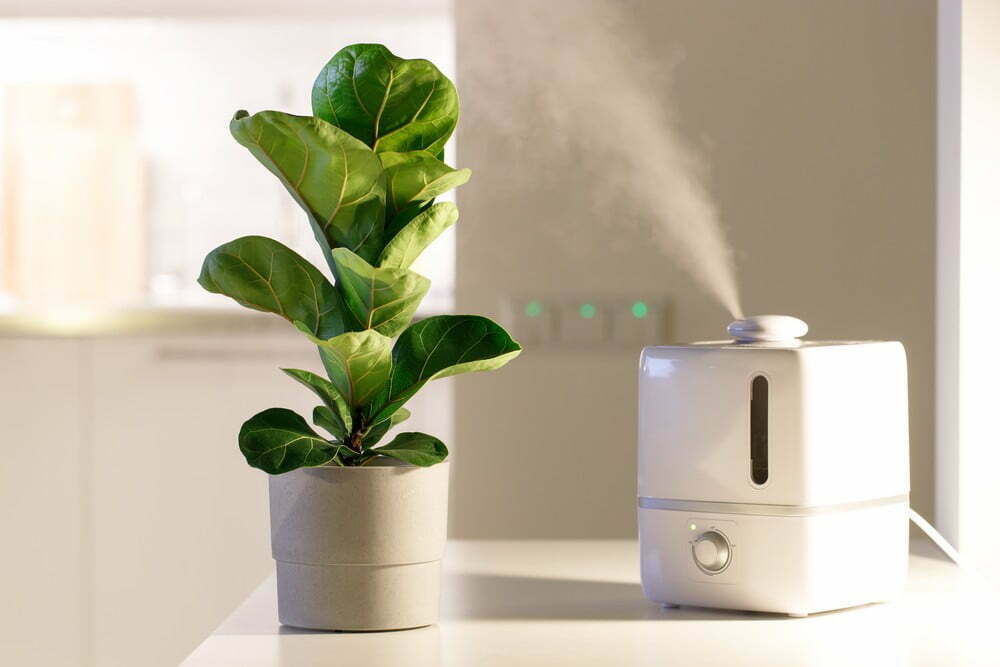
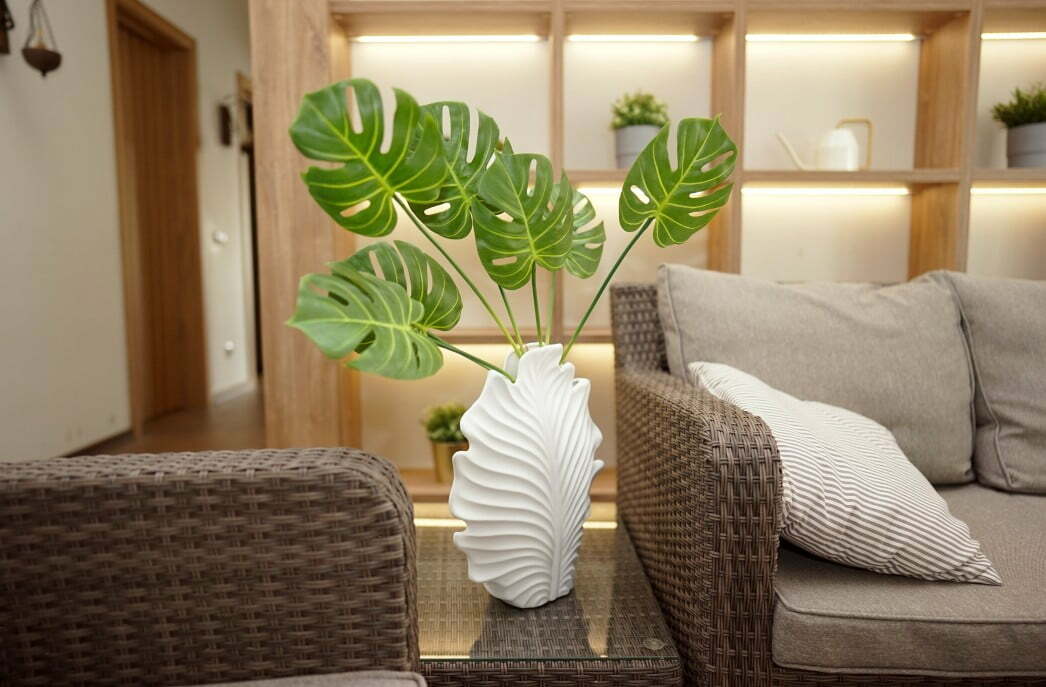
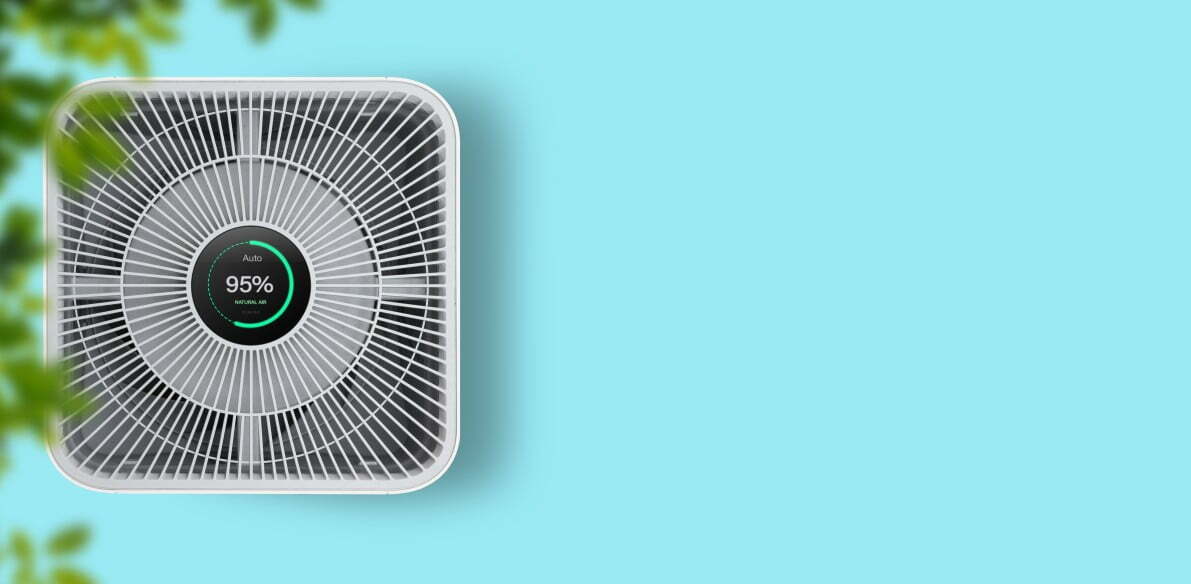
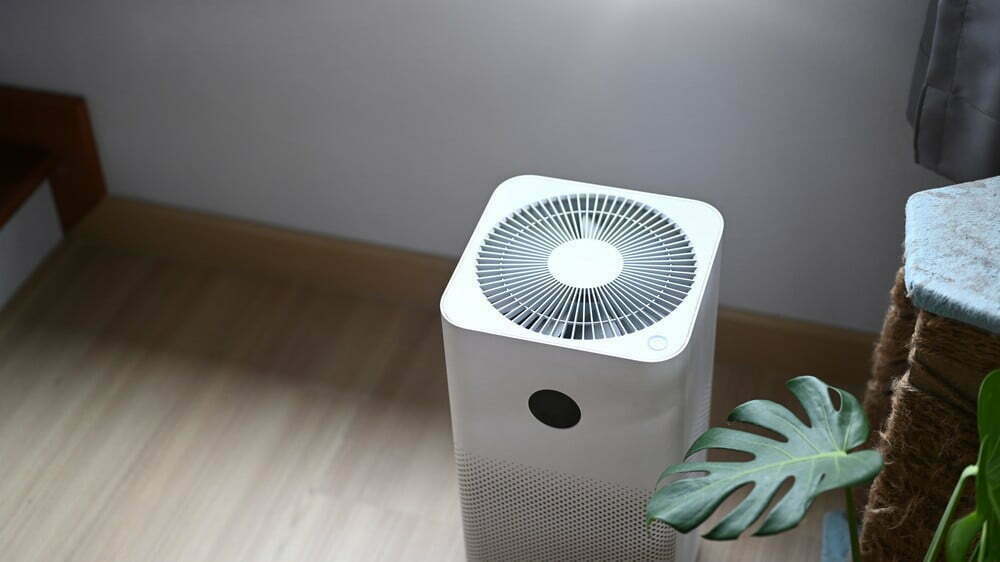
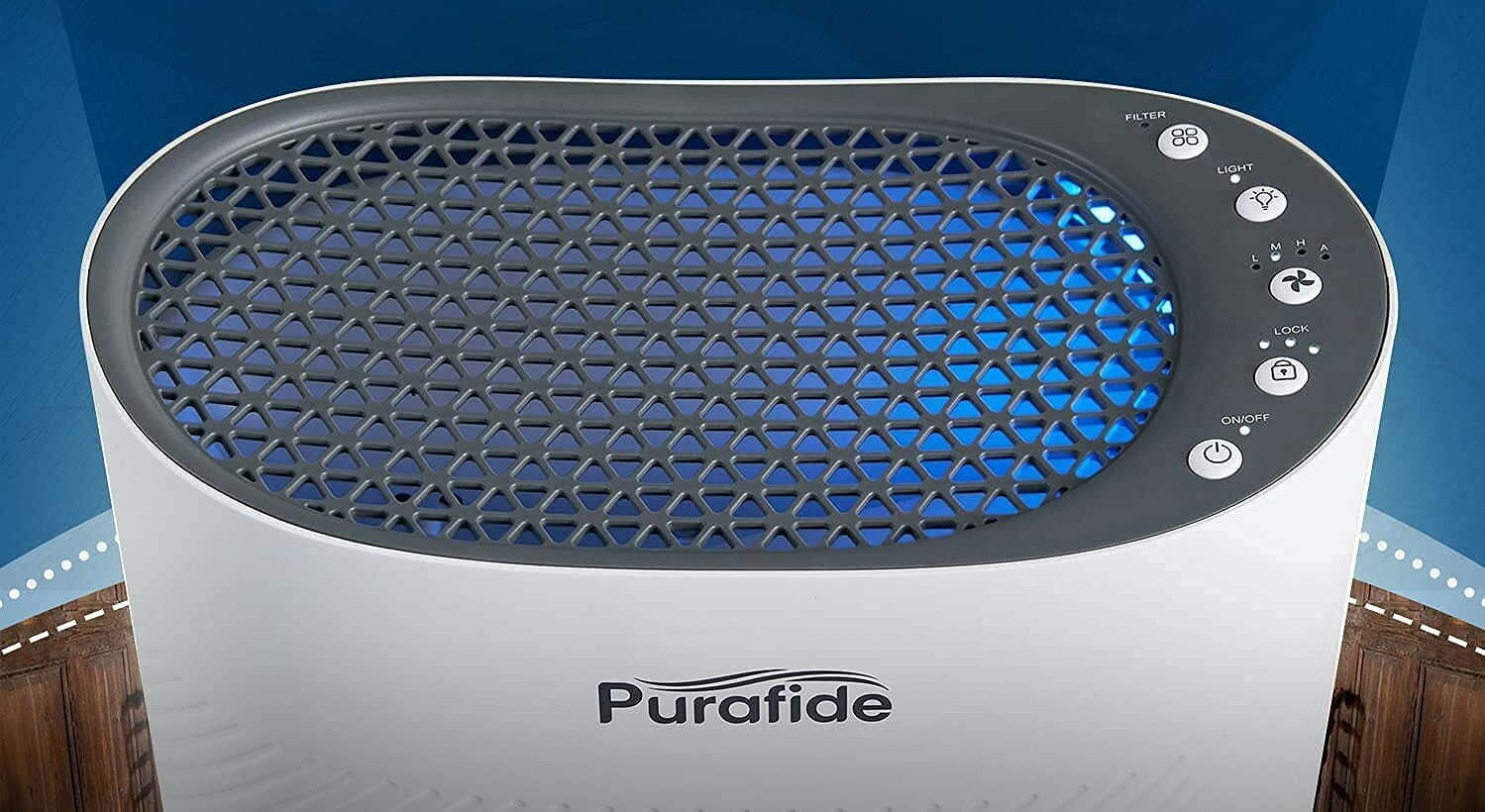
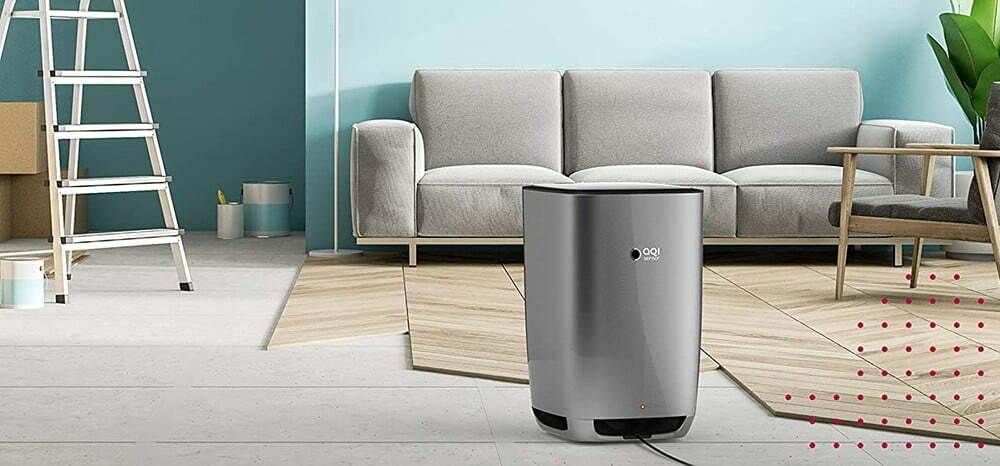
![Best Air Purifiers for VOCs and Formaldehyde in [year] 27 Best Air Purifiers for VOCs and Formaldehyde in 2026](https://www.gadgetreview.dev/wp-content/uploads/best-air-purifier-for-vocs-and-formaldehyde-image.jpg)
![Best Air Purifier in [year] ([month] Reviews) 28 Best Air Purifier in 2026 (January Reviews)](https://www.gadgetreview.dev/wp-content/uploads/Honeywell-True-HEPA-Allergen-Remover-HPA300-e1475603569442.jpg)
![Best Air Purifiers for Dust in [year] 29 Best Air Purifiers for Dust in 2026](https://www.gadgetreview.dev/wp-content/uploads/best-air-purifier-for-dust-image.jpg)
![Best Honeywell Air Purifiers in [year] 30 Best Honeywell Air Purifiers in 2026](https://www.gadgetreview.dev/wp-content/uploads/best-honeywell-air-purifier-image.jpg)
![Best Germicidal Air Purifiers in [year] 31 Best Germicidal Air Purifiers in 2026](https://www.gadgetreview.dev/wp-content/uploads/best-germicidal-air-purifier-image.jpg)
![Best Filterless Air Purifiers in [year] 32 Best Filterless Air Purifiers in 2026](https://www.gadgetreview.dev/wp-content/uploads/best-filterless-air-purifier-image.jpg)
![Best Levoit Air Purifiers in [year] 33 Best Levoit Air Purifiers in 2026](https://www.gadgetreview.dev/wp-content/uploads/best-levoit-air-purifier-image.jpg)
![Best Air Purifiers for Smoking Weed in [year] 34 Best Air Purifiers for Smoking Weed in 2026](https://www.gadgetreview.dev/wp-content/uploads/best-air-purifier-for-smoking-weed-image.jpg)
![Best Quiet Air Purifiers in [year] 35 Best Quiet Air Purifiers in 2026](https://www.gadgetreview.dev/wp-content/uploads/best-quiet-air-purifier-image.jpg)
![Best Desktop Air Purifiers in [year] 36 Best Desktop Air Purifiers in 2026](https://www.gadgetreview.dev/wp-content/uploads/best-desktop-air-purifier.jpg)
![Best Dyson Air Purifiers in [year] 37 Best Dyson Air Purifiers in 2026](https://www.gadgetreview.dev/wp-content/uploads/best-dyson-air-purifier.jpg)
![Best Air Purifiers for Dorm Room in [year] 38 Best Air Purifiers for Dorm Room in 2026](https://www.gadgetreview.dev/wp-content/uploads/air-purifier-for-dorm-room-1.jpg)
![Best Air Purifiers for Office in [year] 39 Best Air Purifiers for Office in 2026](https://www.gadgetreview.dev/wp-content/uploads/best-air-purifier-for-office.jpg)
![Best Air Purifiers for Basement in [year] 40 Best Air Purifiers for Basement in 2026](https://www.gadgetreview.dev/wp-content/uploads/best-air-purifier-for-basement.jpg)
![Best Air Purifiers For Odor in [year] 41 Best Air Purifiers For Odor in 2026](https://www.gadgetreview.dev/wp-content/uploads/best-air-purifier-odor.jpg)
![10 Best Personal Air Purifiers in [year] 42 10 Best Personal Air Purifiers in 2026](https://www.gadgetreview.dev/wp-content/uploads/best-personal-air-purifiers.jpg)
![10 Best Plug In Air Purifiers in [year] 43 10 Best Plug In Air Purifiers in 2026](https://www.gadgetreview.dev/wp-content/uploads/best-plug-in-air-purifier-image.jpg)
![10 Best Whole House Air Purifiers in [year] 44 10 Best Whole House Air Purifiers in 2026](https://www.gadgetreview.dev/wp-content/uploads/best-whole-house-air-purifier-image.jpg)
![10 Best Large Room Air Purifiers in [year] 45 10 Best Large Room Air Purifiers in 2026](https://www.gadgetreview.dev/wp-content/uploads/Coway-Airmega-200M-Large-Room-Air-Purifier-900x900-1.png)
![10 Best UV Air Purifiers in [year] 46 10 Best UV Air Purifiers in 2026](https://www.gadgetreview.dev/wp-content/uploads/best-uv-air-purifier.jpg)
